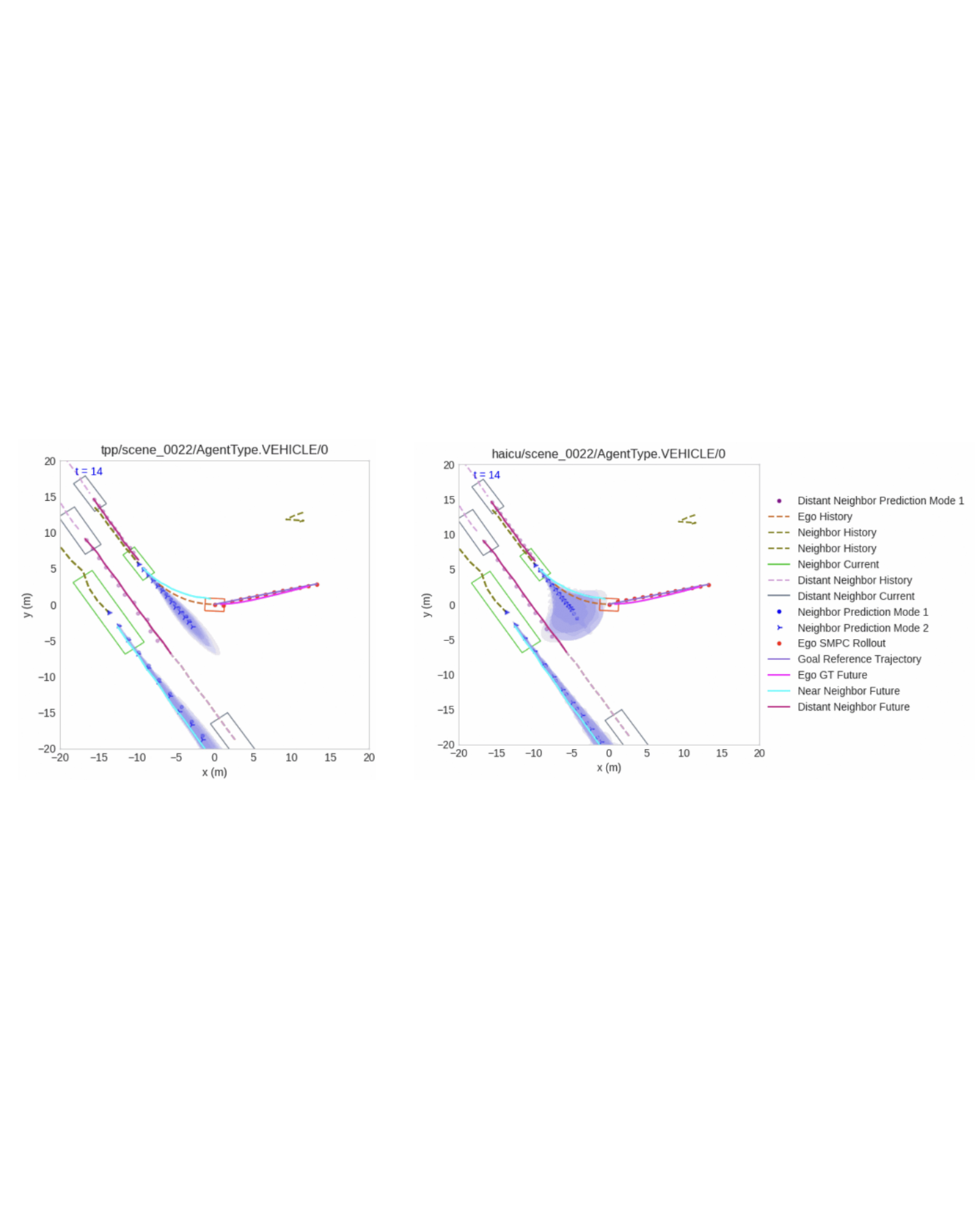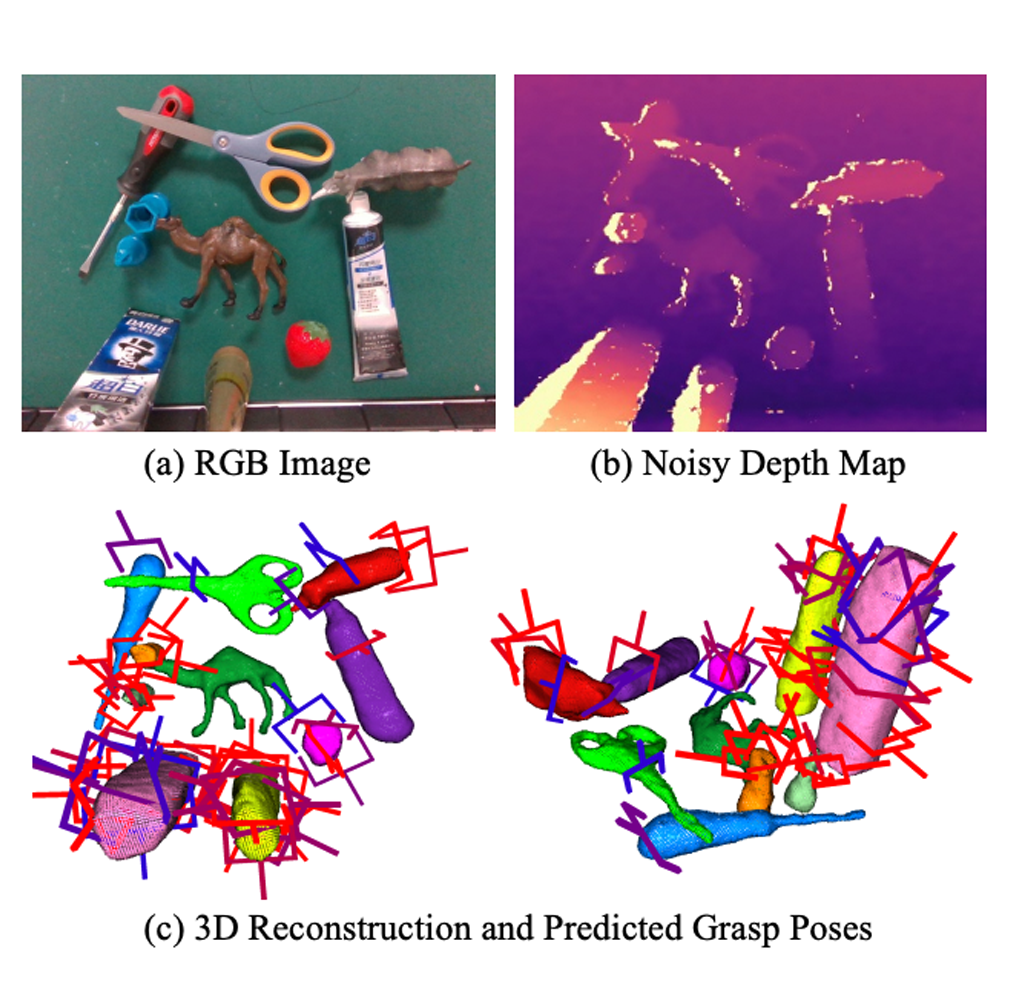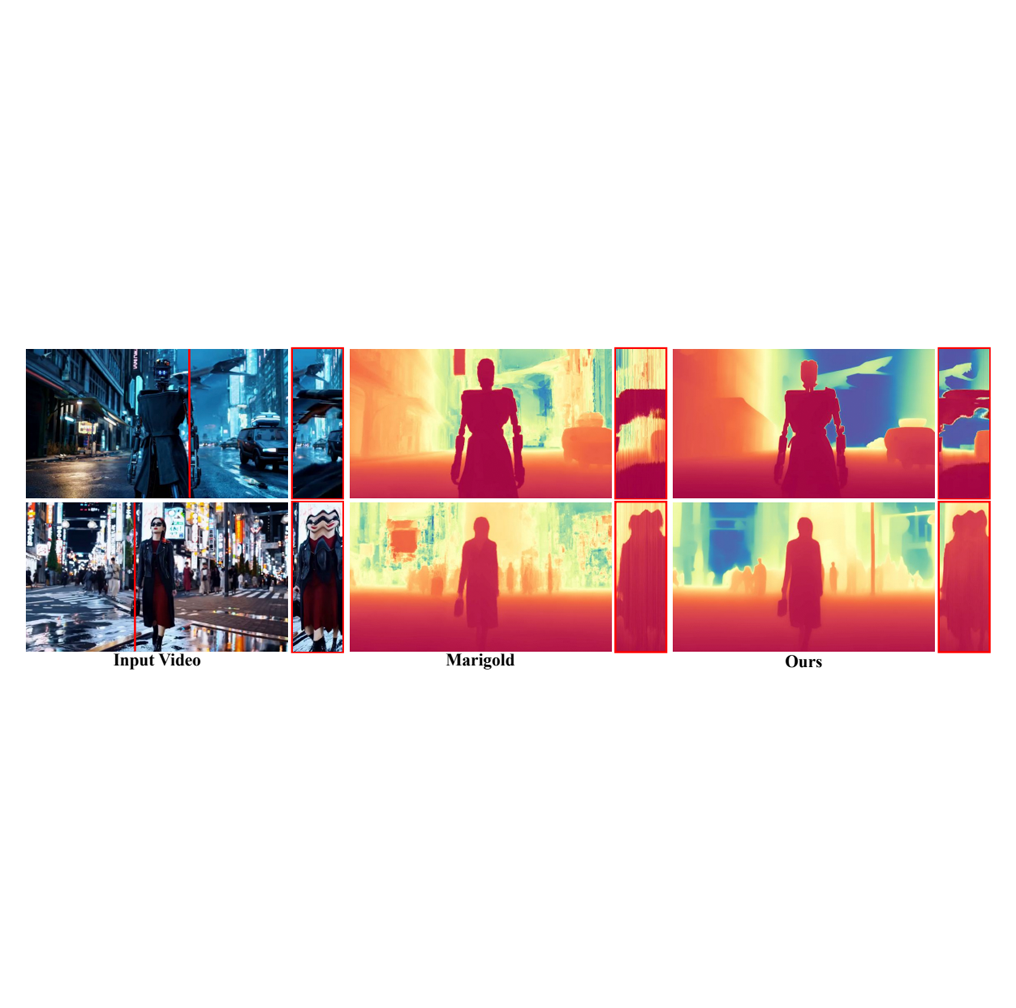
Autonomous vehicles (AVs) are increasingly being deployed in urban environments. However, most AVs operate without accounting for uncertainty inherent to perceiving the world. To remedy this disregard, uncertainty-aware planners have recently been developed that account for upstream perception and prediction uncertainty, generating more efficient motion plans without sacrificing safety. However, such planners may be sensitive to prediction uncertainty miscalibration, the magnitude of which has not yet been characterized. Towards this end, we perform a detailed analysis of the impact that perceptual uncertainty propagation and uncertainty calibration has on perception-based motion planning. We do so with a comparison between two novel prediction-planning architectures with varying levels of uncertainty incorporation on a largescale, real-world autonomous driving dataset. We find that, despite one model producing quantifiably better predictions, both methods produce similar motion plans with only minor differences. READ MORE


